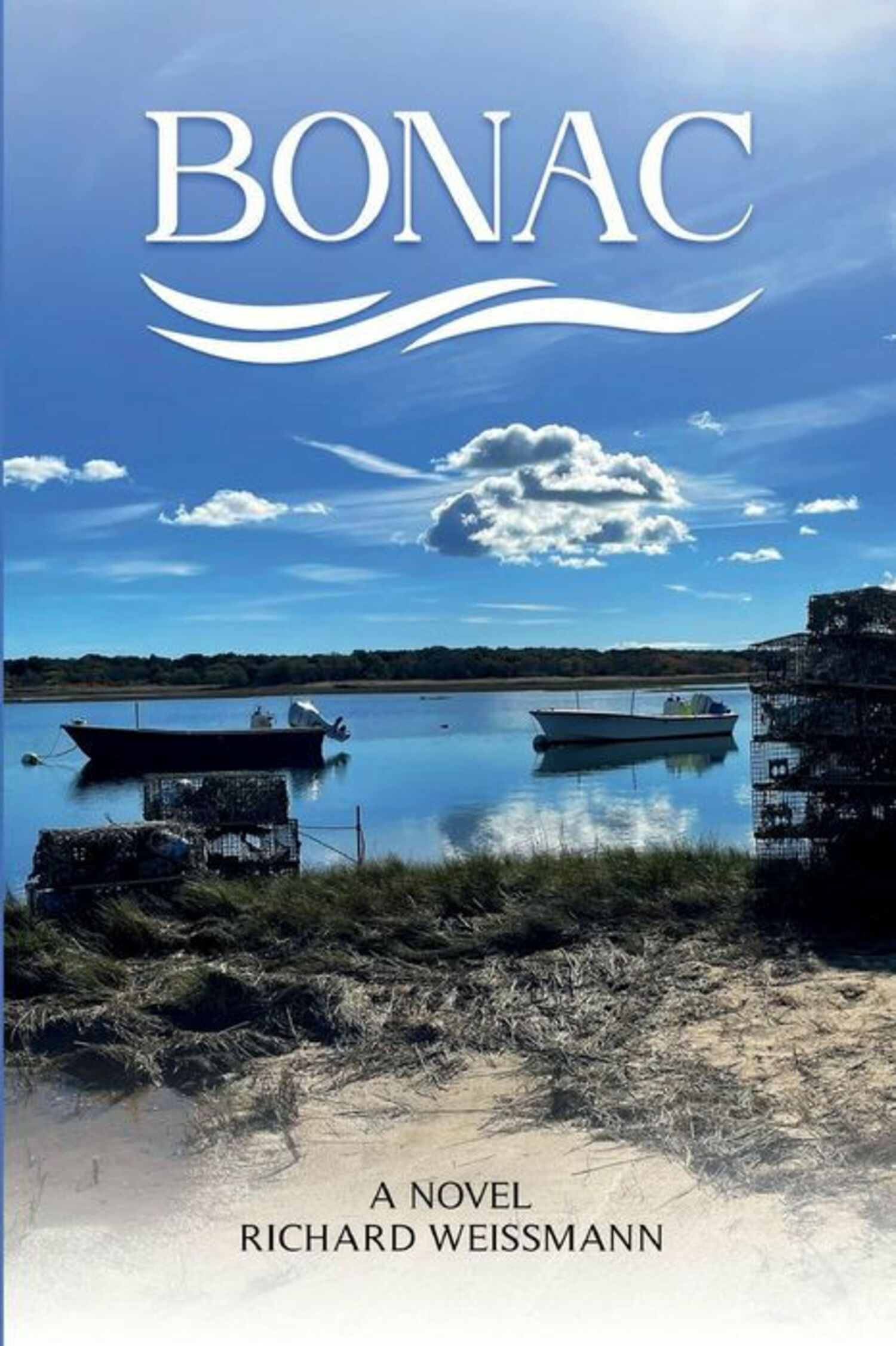
Even though this past December Governor Kathy Hochul again vetoed a bill to grant official recognition to the Montauketts, taken away over a century ago from descendants of the Algonquin-speaking Indigenous people, Richard Weissmann’s new novel, “Bonac” makes a moving case to support them, as well as efforts to protect the environment on the East End. The former Long Island English teacher, ex-Marine and once writer for the Sunday New York Times makes clear that the politics that surround the Montauketts’ continuing plea for tribal status, and the land claims advanced by barons of power show that some politicos and their Wall Street pals will stop at nothing to get what they want. Nothing in “Bonac” includes murder.
Weissmann knows his way around old East Hampton Town, particularly the once all working- class hamlet of Springs. He’s also kept up with proposed legislation involving 400-year old Gardiner’s Island, a jewel of pristine fauna, habitat of some of the area’s unique aquatic culture and a number-one target of big money moguls and housing developers. The 16th and last Lord of the Manor Richard David Lion Gardiner died in 2004 without an heir. Though some might say these subjects are already familiar to most East End residents, it’s also true that increasingly the Hamptons have been attracting new and different populations who may not know there’s trouble in the paradise they sought and that they may unwittingly be aiding and abetting its destruction by way of ignorance or indifference. Ospreys, for example, that typically build nests on top of power lines or dead trees to avoid predators, on Gardiner’s Island can have nests at ground level, and do. Is this important? Why?
“Bonac” pays homage to haul seining days before the competition between commercial and recreational fishermen heated up, and memorializes the bays, marshes and creeks of the East End, including Sag Harbor. But it also acknowledges the need for some change in light of population surges, economic difficulty and culture shifts. Many summer renters have become year-round owners; big time real estate rules. “Bonac” incorporates such concerns into a narrative that turns on murder and mayhem, but as the title suggests, the plot, involving would-be land-grabbing Mafia-related baddies who also traffic drugs and sex and kill anyone in their path, is secondary to Weissmann’s theme of preservation.
And recognition of the Indigenous people. As a sympathetic local senator whose ancestors were Montaukett and Black, remarks, “Up in Albany, I don’t hear a lot of talk about saving traditions and wildlife. I do hear about jobs, revenue and less governed oversight for development.” He’s a politician, of course, but his perspective takes into account the economy as well as ecology. He is, in short, reasonable — as is the protagonist of “Bonac,” Cal Hazen, as well as Richard Weissmann, the book’s author. It’s this practical view that gives “Bonac” relevance. Change is inevitable. Why can it not include turning Gardiner’s into a nature preserve with a small section cordoned off for an Indian heritage museum?
For 40-something Cal, whose family traces its Bonacker roots back 200 years, Springs is a fond but troubling personal memory. A dedicated fisherman, he left the area for college and then southeastern shores 20 years earlier to get away from his abusive widower father and his incompetent brother, Alex, especially after the accidental death of his young sister, Jennie, for whom his self-built 48-foot cruising trawler is named. They all used to live in a falling-apart big house on a small island off Three Mile Harbor. Cal’s in the middle of divorce proceedings with a wife back in Virginia and misses their beloved adolescent daughter. But he comes back to Springs to deal with his dying father and the house and their little island, soon to be another target of the land-grabbing baddies. He lives on his boat with his cat, Bub, and a lot of coffee and vodka.
The plot is a bit predictable, bad vs. good guys, the prose direct, and the action engaging while serving the larger nature theme. An old schoolmate, Allison Miller, recognizes Cal and a love story will ensue. She works for the nature preserve cataloguing flora and fauna on Gardiner’s Island, and invites him to join in her work. His brother, Alex, who turns out to be a half-brother, and is eager to sell their little island, will soon become a victim of the baddies, who claim his death is an accident. There is the requisite boat chase, fist fighting and violent show down, lore galore on fishing and sweet trips down memory lane to old Bonac hangouts.